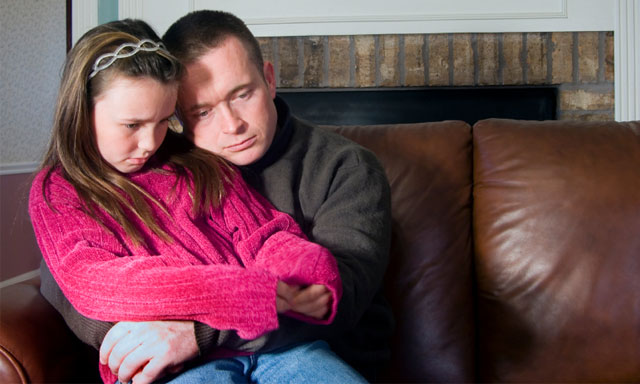
Has your child suffered from abuse at their daycare? Call the attorneys at Rasansky Law Firm today at 1-877-403-9378.
Hardly a day passes without media reports of daycare abuse cases in and around North Carolina. Daycare abuse happens with frightening regularity; on top of that, the perpetrators sometimes go undetected for years due to poor checks and balances when it comes to daycare management and poor hiring practices.
Daycare employees who abuse children are usually repeat offenders, which is why it is so important to always report any suspicions of abuse to the authorities. While the police can pursue criminal charges against the abuser, a daycare abuse law firm can help your family recover the compensation you’re owed through a civil claim.
A Culture of Silence
Child victims of daycare abuse are usually afraid of telling on the perpetrator, often because they think they will get in trouble themselves. This is usually due to intimidation by the abuser. The psychology of a young child is malleable, making them open to suggestion and threats.
It’s important to speak to your child and keep an open line of communication regarding their time at daycare. Ask questions about their teachers, and let them know they can be open and honest with you. Explain that you WANT to know if anyone at the daycare facility is mean to them or makes them feel uncomfortable.
Abusers rely on a child’s silence, so make sure your children are comfortable expressing their fears and concerns to you.
Daycare Abuse Can Be Invisible
A lot of people are confused about the definition of abuse. This is something that may not be apparent due to the different levels of abuse that a child can be subjected to. A lack of welts, bruises, or scratches doesn’t mean that your child hasn’t suffered “abuse.” Abuse isn’t only physical; it can be emotional, a result of neglect, or even hidden from view such as in the case of sexual abuse.
Here are some of the most-common signs of daycare abuse:
- Unexplained marks, swelling, or scratches.
- Bruises that never seem to heal.
- Behavioral difficulties such as aggression and anger.
- Unexplained crying.
- Frequent nightmares and/or bedwetting.
- Refusal to go back to the daycare center.
- A drop in academic performance.
- Bringing home toys or other gifts (often a sign of grooming).
- Your child may withdraw and revert to infantile behavior (e.g., thumb-sucking).
- Missing tufts of hair.
- Soreness or infection around the genitals.
- Self preservation behavior (e.g., flinching instinctively or hiding their face whenever near or around the perpetrators).
What to Do If You Suspect Abuse
It is important to ask to speak with the daycare center administration if you suspect something isn’t right. If you suspect abuse (even if you have no proof), please report it to the authorities. If your child has suffered an injury, be sure to take photos, and seek medical attention immediately so that you have your child’s injuries documented.
While it is ultimately up to the authorities to investigate your claims and levy criminal charges, you also have the option of filing a civil claim (or lawsuit) against the daycare facility and the abuser in order to hold them financially responsible for your family’s related damages.
Not only does your child deserve to be compensated for their pain and suffering, you also deserve to be compensated for your child’s medical expenses, the cost of therapy and/or counseling, and in many cases, the cost of alternative childcare.
It is important to note that these kinds of cases, more often than not, involve multiple children. Taking action immediately could save other children from such abuse, and our law firm will help you through the entire process. Whether you live in Columbia, Charleston, or anywhere in North Carolina, call our daycare abuse lawyers today at 1-877-403-9378 for a free consultation.



1 Comment
My child was abused at daycare on June 11th. The abuser was terminated and we’ve filed a criminal charge against her that should be held at court in November.
Since the abuse, our child has been escalating in bad behavior. We believe he needs therapy to intervene before things get worse and we may need to change daycare settings. We’ve been debating if we should consult a lawyer and at this point feel it would be a good idea.